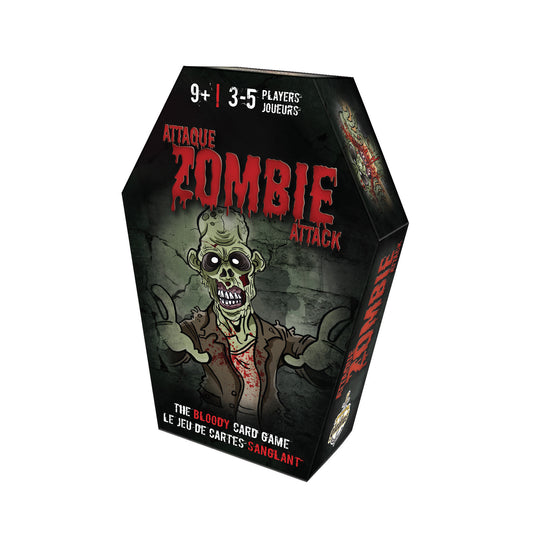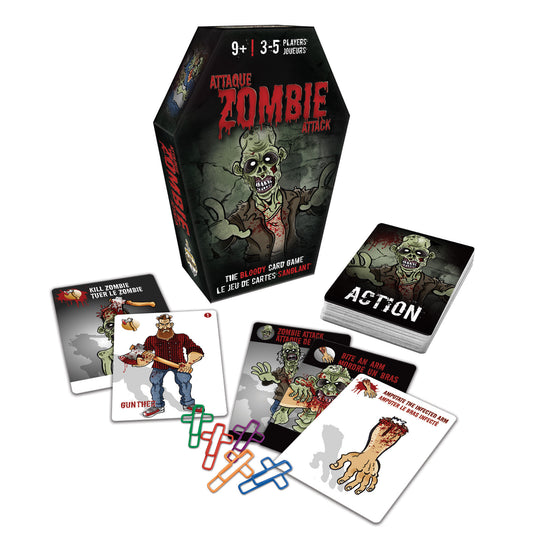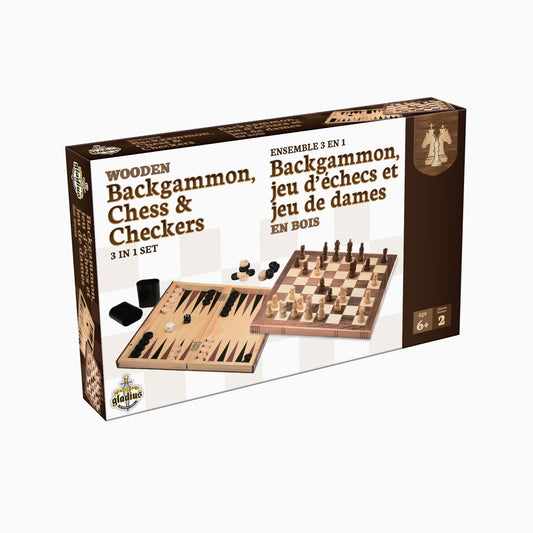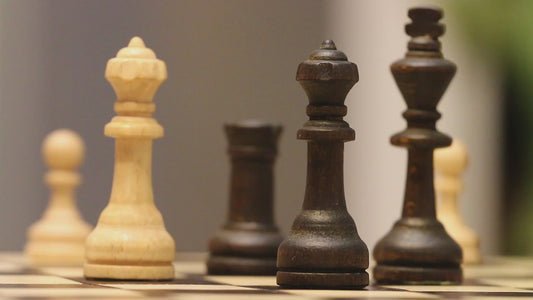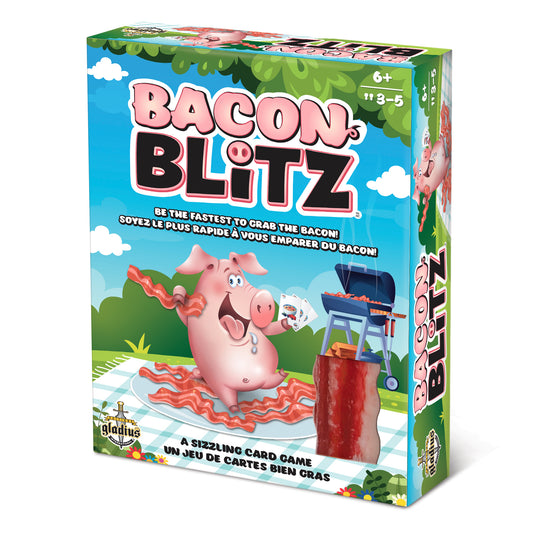
Working memory
A little theory...
Working memory refers to children's ability to temporarily hold and manipulate the information needed to accomplish a specific task over a short period of time. This involves keeping several items in mind at the same time and using them effectively to solve problems, follow instructions or make decisions in different play activities.
How to develop it
Contemporary specialists recommend several strategies for developing working memory through play. For example, developmental psychology professor Dr. Adele Diamond highlights the use of memory games, such as Memory or matching card games, which require children to remember the location of cards and associate them appropriately, thus enhancing their ability to temporarily hold and manipulate information in memory (Diamond, A. "Executive Functions", 2013).
Similarly, board games that require strategic planning and decision-making can also help develop working memory in children. Developmental psychologist Dr. Philip David Zelazo points out that these games require children to keep several aspects of the game in mind while planning their actions, which stimulates their ability to maintain and actively manipulate information in memory to achieve their goals (Zelazo, P. D. "Executive Function: Reflection, Iterative Reprocessing, Complexity, and the Developing Brain", 2015).
By encouraging children to engage in these types of working memory-focused games, parents and teachers foster the development of a crucial cognitive skill. These games provide a valuable opportunity for children to practice and improve their working memory skills in a dynamic and engaging way.
References
Diamond, A. "Executive Functions", 2013.
Zelazo, P. D. "Executive Function: Reflection, Iterative Reprocessing, Complexity, and the Developing Brain", 2015.

